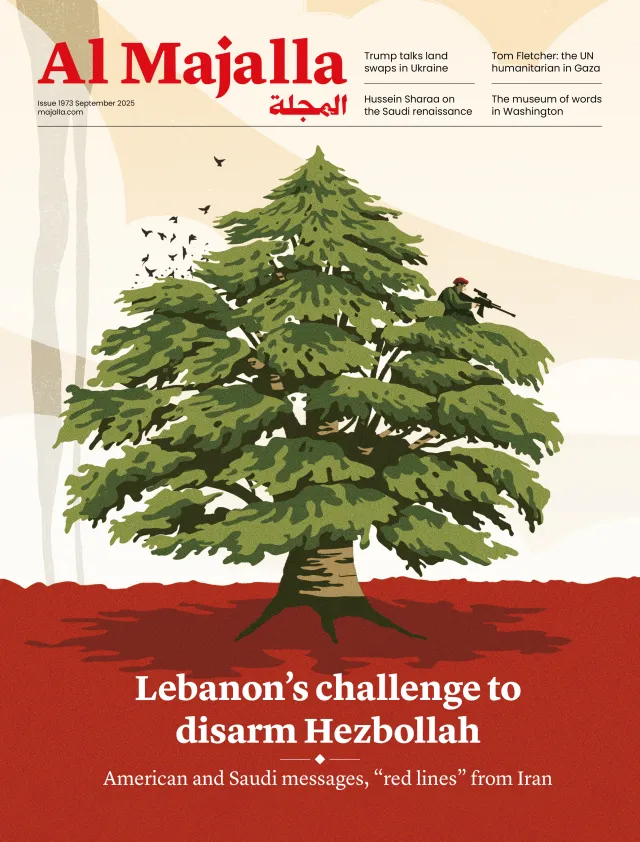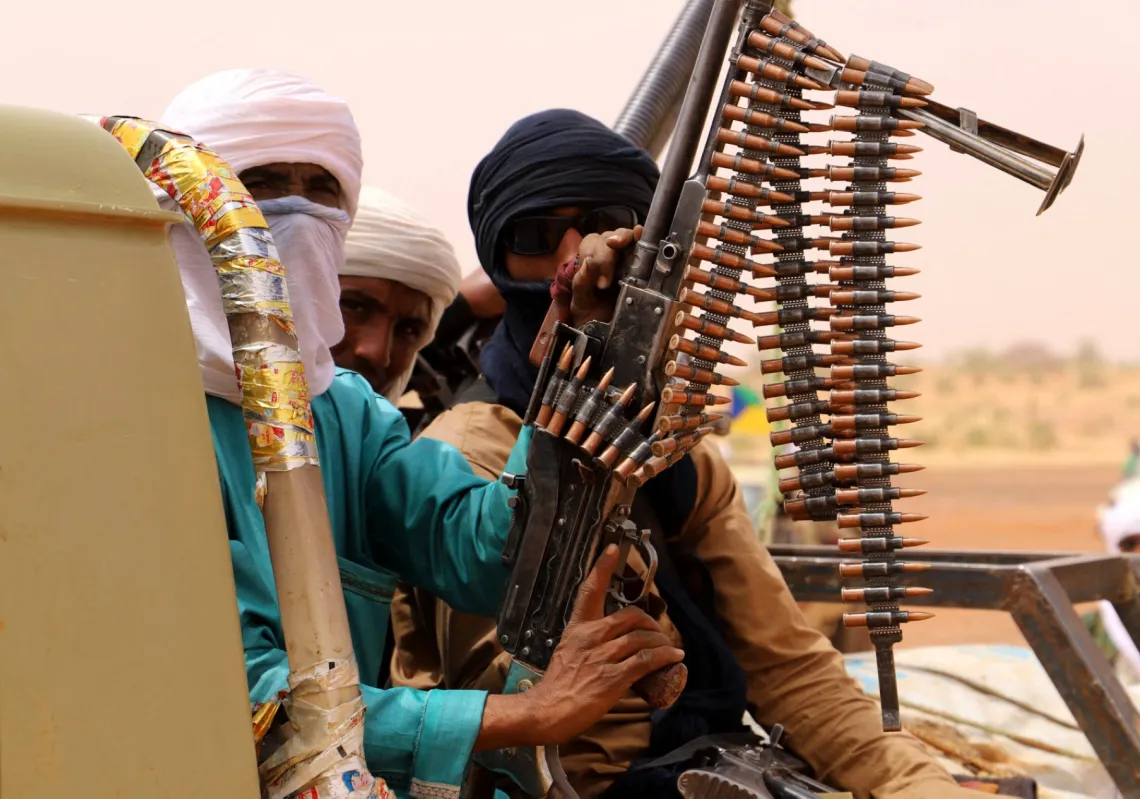In recent weeks the media have been overrun with bizarre tales of secret agents and Russian moles reminiscent of Cold War intrigues. But for all the media frenzy surrounding Anna Chapman and the nine other newly initiated Muskovites, Shahram Amiri’s story is easily the most baffling. The Iranian researcher who disappeared in Saudi Arabia in June 2009 only to reappear in the United States 13 months later has found himself at the center of a propaganda war between Washington and Tehran. But oddly, in these heady days of WikiLeaks revelations and Rolling Stone exposes, nobody, it seems, can get to the bottom of Shahram Amiri’s story.
There are a few points on which everybody seems to agree. Namely, that Shahram Amiri is an Iranian scientist who worked at the Malek Ashtar University in Tehran, that in June 2009 he went missing whilst on pilgrimage in Saudi Arabia, and that in July 2010 he reappeared in Washington DC having gained a few pounds. However, beyond this, too many unanswered questions remain. Indeed, as Arash Aramesh, a researcher for the Washington based Century Foundation told The Majalla: “No one except those within the US and the Iranian intelligence circles knows what happened.” For the time being, all we can do is to make assumptions based on a handful of facts and a heavy dose of speculation.
For its part, the US has remained relatively mute on the whole affair. In a statement to the press on 13 July, US Secretary of State Hilary Clinton remarked that Amiri had been in the US of his own free will, and that he was free to go. The implication being that Amiri had defected in 2009 and subsequently changed his mind. Not surprisingly, it is this line that seems to have gained most traction in the Western media. Comparisons have been made between the Russian intelligence officer Vitaly Yurchenko who fled to the US in 1985 only to get cold feet and return to Moscow. In the West, the story boils down to a few key points: America welcomes defectors, treats them well, but does not hold them hostage. Defecting to the US is an attractive and potentially lucrative option, but you can always take a round trip.
Tehran, however, offered a very different version of events. They quickly refuted US suggestions that Amiri had defected, stating that the scientist had been abroad on a number of occasions, and if he had wanted to defect he would have done so already. Tehran instead accused American agents of kidnapping Amiri. These claims have been supported by Amiri. The researcher, who describes himself as a “normal man” with no knowledge of the Iranian nuclear program, has told press that he was abducted, held captive and at times tortured.
Meanwhile, the Tehran-based Fars News Agency is spinning the whole affair as a victory for Iranian intelligence. They have stated that Amiri was a double agent, who sold the US false information whilst collecting vital intel on the CIA for the Iranian Revolutionary Guard Corps. This assertion has been met with skepticism; Arash Aramesh stated, “I don't think it is likely that he was an Iranian spy, although not impossible. Iran is trying to say that Amiri brought back important info about the CIA. This is their way of saying they beat the mighty CIA/US Intel.”
Whether Amiri is a double agent, defector or “normal man” is impossible to know. However, what is for certain is that his disappearance has run parallel to increased pressure from Washington on Tehran to come clean about its nuclear ambitions, and increasing indications from Washington’s intelligence community that they have evidence Iran is edging closer to acquiring a bomb. In the last 12 months, fears over Iran’s intentions to construct a bomb have reached fever pitch. There have been revelations of a covert nuclear enrichment facility in Qom, reports from the IAEA that Iran has the expertise to build a bomb, and indications that Iran is enriching uranium in far greater quantities than is necessary. Iran’s nuclear agenda has been described by the IAEA as “a matter of concern.” And even Moscow, a close ally of Tehran, supported a fourth round of sanctions against Iran in May this year.
Tehran, however, has denied these allegations. Ahmadinejad has repeatedly stressed the peaceful nature of Iran’s nuclear program, as well as Iran’s right to enrich uranium. Beyond pure rhetoric, there are other indications that Iran has peaceful intentions. Not least the US National Intelligence Estimate (NIE), released in 2007, which stated that Iran had halted efforts to develop a nuclear war-head as of 2003.
As the international community continues to harry Iran, attention will shift next month to the findings of the revised NIE. There have been hints from intelligence analysts that the report contains new information to support claims that Iran is in the process of designing a bomb. It is here that we may see the most direct implications of the Amiri affair. As Al-Sharq Al-Awsat reporter, Manal Lutfi speaking to The Majalla, suggested: “If the US asserts that they have evidence that Iran is pursuing a military nuclear program, then Tehran can say that this evidence was leaked to US intelligence through Iranian double agents.” The chances are that the international community would scoff at such an assertion, but if Obama doesn't make public key NIE findings, which he has said is a possibility, then his allies may think twice about endorsing military action against Iran—analogies are already being drawn between Amiri and Curveball's intelligence preceding Iraq.
However, it is unlikely that the US would use the new report to enable a military strike against Iran, since the same core of intelligence analysts who produced the 2007 NIE (essentially removing the military option) are those who are now suggesting that they have new evidence, which reverses NIE’s claims in 2007. It is most likely that these analysts have faith that Obama will avoid using the military option, but know that having all options on the table will strengthen Obama's hand. Whether or not Iran is seeking to acquire WMD is hard to say. If they are a screwdrivers turn away from doing so, then the increasing toll of sanctions could incentivize Iran to finish the job. However, the noise from Tehran would suggest otherwise. The foreign ministry is increasingly eager to return to the negotiation table in August. What kind of hand Washington and Tehran have, may well depend on the findings/credibility of the NIE.
And what about Shahram Amiri? Well, he may have received a hero’s welcome in Tehran, but as the crowds part it is likely that he will face months of interrogation. As Iran's foreign minister Manouchehr Mottaki remarked: "Iran will hold fire on whether to consider Amiri 'a hero' until it receives his account of claims that he was abducted." Perhaps this is the strongest hint that Amiri did in fact defect. In which case, his future may now depend on how useful he can be to Iranian intelligence agencies.







